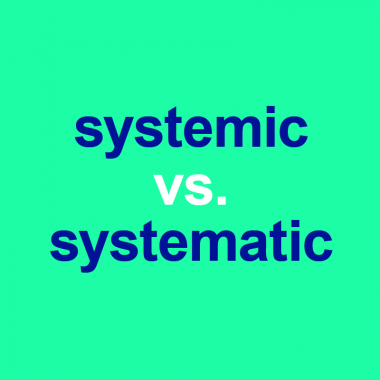How Disease Names Like Monkeypox Can Mislead And Stigmatize
When it comes to disease, we’re more and more aware of symptoms, prevention, treatments, and long-term effects. But there’s another, often less-considered factor that can have far-reaching consequences for public health: a disease’s name. What we call a disease—both popularly and officially—can affect how people perceive it, whether they understand how its spread can be prevented, and whether they seek treatment for it. The fact …











